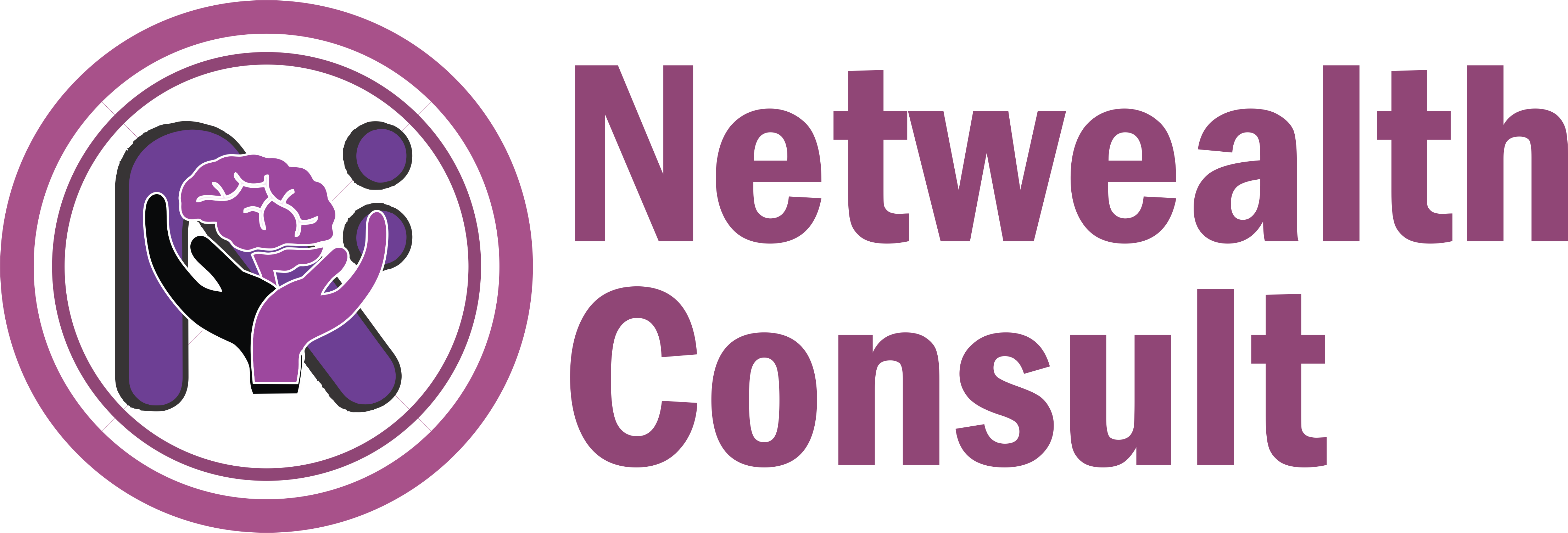Daniel had always believed that a psychologically safe workplace was a given – something he didn’t have ask for. But he was shocked to his bones when his new job offered him nothing remotely close to safety. He was thrusted into the water with a shark of a boss who cared zilch for his employees’ psychological safety
*********************************************************************************************************
“The boss barely smiles in a meeting – he only bares fangs and tears people apart when they fail” Adewunmi said to Daniel as they walked into the building. It was Daniel’s first day at work. He’d been hired last week as the organization’s chief financial adviser after the last one, a Mrs. Garuba, had left after only one year.
“But why would he tear into me at meetings?” Daniel asked, curious to know why a man like the boss, who looked meek and humble in appearance, with a soft voice that cut through butter like hot knife, would be so hard on his employees that members of his staff would warn new employees of him.
“I don’t know o,” she said, her stiletto heels making pointed sounds as they walked up the stairs. They could have used the elevator of one of the biggest insurance companies in the country, but because of the conversation’s intensity, she decided to use the flight of stairs instead. Although that route would take five minutes extra of their time, they both didn’t mind.

“Is it that he is a naturally angry person?”
“No, he is not. If you see him outside the office, he’s usually very friendly and calm.”
Perplexed at the contrasting personalities of the boss, Daniel decided to pay keen attention to his boss, first to unpack the reason for his ‘hostile attitude’ towards members of his team (if it were true), and second to change the boss’s attitude.
Lack of Knowledge on Psychological Safety Affects Employers’ Relationships
“Maybe he’s being that way because they don’t do the right thing,” he imagined as he walked into his lush office. He won’t lose this job over a ‘harsh boss’ he reasoned. He would change things.
It was exactly six months after when Daniel and Adewunmi were walking into the company’s canteen when Daniel opined that the boss remark on his failed contract was hurting him. He’d suggested a project to the boss a few months after his appointment, and was given the go-ahead. But a few months down the line, the project had failed. He didn’t think it was a big deal – that he failed – because he had learned some valuable lessons from the project, lessons he was already planning on implementing in a next project. But his excitement was sliced halfway through the stem – the boss tore down his abilities.
“Sorry man. I can’t imagine how that made you feel,” Adewunmi said. The aroma of fried plantain and sizzling, steamy jollof rice hit his nose. He smiled at the thought of food. Food always saves. Food cannot break your heart. He and Adewunmi sat down to eat. After the sumptuous meal, they’ll figure out how to handle their boss.
As they munched on their food, Daniel remembered a paper he’d read some months ago on Psychological safety.
How Ghanaian Research Proved that Psychological Safety Can Reduce Mortality Rate in Children
Mortality rates in Ghana for children under five years old were becoming a major problem for healthcare workers. The research was trying to understand how Quality Improvement (QI) could reduce these numbers and give children better chances at life.
Quality Improvement (QI) is increasingly recognised as a vital strategy for enhancing healthcare services and managing costs, not only in high-income nations but also in lower-income countries like Ghana. It involves continuous improvement in healthcare delivery through the implementation of evidence-based practices.
The research was set within the Project Fives Alive! (PFA) initiative, a national program in Ghana specifically designed to reduce mortality among children under 5 years old through the development and implementation of local QI teams and evidence-based practices. The study concentrated on PFA-affiliated QI teams operating within hospitals across the seven southernmost regions of the country. These teams were multidisciplinary, meaning they comprised members from various healthcare professions, and had been established for over a year before being included in the study. The study aggregated survey data from 490 individual team members across 122 QI teams, including physicians, pharmacists, nurses, midwives, and administrators.
At the end of the study, it was discovered that, despite the diversity of team members, Quality Improvement was implemented successfully and at a higher rate when the employees felt safe psychologically in the workplace. There was more learning, the research showed, when employees were comfortable making mistakes, and didn’t feel like their bosses hated them.
What is Psychological Safety?
Psychological safety is the belief that you won’t be punished or humiliated for speaking up with ideas, questions, concerns, or mistakes. It’s crucial for innovation, learning, and high performance.
Psychological safety was coined by Harvard professor Amy Edmondson in 1999. According to Professor Edmondson, a psychological safe workplace is one where people aren’t afraid to make mistakes, challenge the status quo, and speak up when they feel a way or have a contrasting idea to the boss’s idea.
How do Team Members Feel in a psychologically Safe Environment?
In a psychologically safe environment, team members feel comfortable being themselves. They have a sense of confidence that they will not be embarrassed, rejected, or punished for speaking up, asking questions, bringing up problems, or discussing tough issues. This includes feeling safe to recognise errors and address failures and shortcomings. Psychological safety alleviates the fear of rejection and supports active participation.
When Daniel got back to the office, he resolved within himself to speak to the boss about the lack of psychological safety.
Speaking With the Boss About the Lack Of Psychological Safety at the Workplace
He went to the boss’s office later during the day and spoke openly to the boss about his lack of safety in the workplace.
“I don’t feel safe enough here, boss” he started, bracing himself for impact.
He’d read, from a McKinsey paper, that 89 percent of employee respondents said they believe that psychological safety in the workplace is essential for their growth.
“Sir, I want to ask a few questions, if you don’t mind.”
“Go ahead.”
“What kind of leader would you say you are?”
“What type of question is that?”
“I am asking because other members of staff have complained of how they feel with you around. They aren’t comfortable.”
“Okay…what does that have to do with my leadership style?”
“It has everything to do with your style, sir,” Daniel replied.
“I am a good leader. I show it every day.”
“That’s not how we feel.”
The conversation between Daniel and the boss went well, almost too good because one year later, the boss was celebrated by his subordinates as the best leader they’ve had in a long time.
So, what did this former ‘fire-and-brimstone’ leader do differently?
How to Implement Psychological Safety in Your Workplace
Creating a safe workplace for your employees where they can thrive and become more productive is no longer a nice-to-have feature; it is compulsory if growth and excellence is your organization’s goal.
In recent longitudinal work by Google’s People Analytics Unit, psychological safety was identified as the number one characteristic of successful high-performing teams (Bergmann & Schaeppi, 2016).
In Edmondson’s ARISTOTLE research, it was discovered that psychologically safe workplaces had:
- Higher success rate at implementing new ideas than psychologically unsafe workplaces
- Employees reported better work-life balance
- Employees were more productive even in diverse teams than psychologically unsafe workplaces
- Great relationship between employees and organizational leaders
To implement Psychological Safety in the Workplace, you need to do understand the following:
- Open dialogue, situational humility, and sponsorship are paramount for safety: Developing a personal and organizational growth mindset, as well as developing curiosity will help organizations become safer psychologically for their employees
- It starts with leadership training: Psychological safety stems from workplace culture – where everyone feels safe enough to make mistake and question the status quo without being reprimanded or shamed for their opinions and mistakes. These trainings aren’t a one-time thing – they should be consistent. That is where Netwealth Consult comes in. We organize culture trainings for organizations to help them build a psychological safe workspace for employees to thrive.
- Systems need to be built: To have consistent growth, psychological safety – the philosophy and training – should be systemized. When it is systemized, it becomes easier for subsequent leaders to implement and maintain. And these trainings are planned and budgeted for.
To get a stronger feel of how psychologically safe your organization is, download NetWealth Psychological Training checklist to know how psychologically safe your employees feel.

